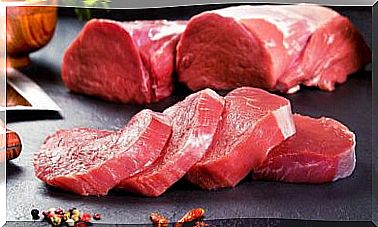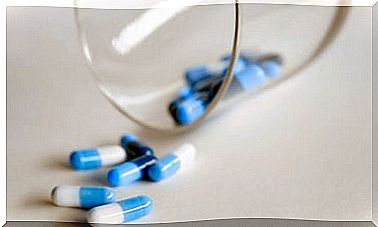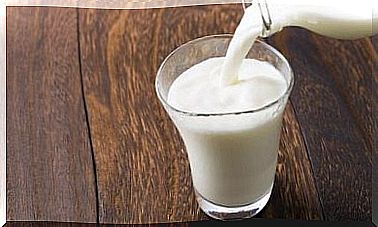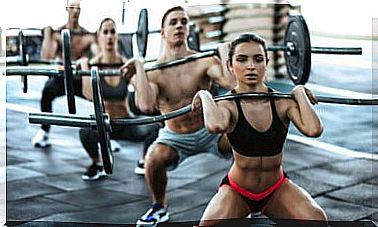Addiction To Physical Exercise
Sport activates neural reward networks in our brain, making it enjoyable for us. However, this activation of the reward can lead to an addiction to physical exercise or vigorexia.
Dependence or addiction to exercise is defined as the need for physical activity that results in excessive and uncontrollable behavior due to the performance of a sport. In the absence of practice, the person manifests symptoms of anxiety or depression, such as withdrawal symptoms.
Vigorexia or exercise addiction
Although they have changed, the canons of beauty have always been present since the existence of mankind. However, the cult of the body took a new path in the 21st century, where an obsession with perfection begins.
Vigorexia or exercise addiction would be treated in a manifest way of this obsession, as an alteration of health. The person with vigorexia has a pathological preoccupation with muscle development and finds himself weak and without muscle mass.
Physical appearance takes control of existence. There is an inability to see exactly the size of one’s body. The distortion is not found in the sight, but in the brain and in the interpretation that is made of the reality that is observed.
This disorder was first described when studies were being done on anabolic steroids in bodybuilders. It was noted that these athletes presented psychotic behaviors and had distorted views about their organism and their body constitution.

Gender influences exercise addiction
Although society relates body appearance disorders to women, almost exclusively, this is not the case. Men also suffer from distortion of perception and can become obsessed with their bodies.
Although it is true that eating disorders are usually considered typical of the female sex, in recent years there has been an increase in social pressure on men. They are required to have less fat and greater muscle.
Therefore, we see that women tend to desire thinness, while men want to gain weight through muscle mass. This is because society marks the muscular body as the ideal of masculine beauty.
Causes of vigorexia
Vigorexia has a multifactorial cause, where the distortion of the body image is given by the following factors:
- Influence of society: the canons of beauty marked and stipulated by advertising.
- Degree of internalization of the ideal of beauty
- Obsessive personality: the person has a tendency to low self-esteem and a perfectionist scheme, with behaviors that promote distortion.
- Serotonin deficiency: Depression related to a lack of serotonin in adequate amounts is behind many obsessions, including vigorexia.
What does physical exercise produce in our brain?
Excessive exercise can lead to addiction, as it is rewarded in several ways: it improves mood, increases health conditions, and provides more opportunities for social interaction, which is a very positive reinforcement for anyone.
Exercise releases endorphins, which are opioid brain neurotransmitters that act as relaxants or pain relievers. Therefore, if the person exercises a lot, instead of being tired, they will want to do more, since the endorphins will calm the symptoms of pain and exhaustion that they feel.
As in all addictions, the brain gets used to it, and it takes more doses to feel like the first time. It is what we call tolerance. In this case, more and more endorphins will be needed to withstand the pain symptoms. That is, the person becomes addicted to physical exercise due to the addiction to these endorphins.

Beware of other addictions
There are exogenous substances that activate the release of endorphins. People with vigorexia, with some frequency tend to consume anabolic steroids. Anabolic steroids are synthetic substances that are related to natural androgens, which are male hormones.
Many people start their addictive journey just by increasing their exercise frequency, but end up using performance-enhancing drugs. We must pay attention to these obsessions so as not to fall into a series of malicious habits that culminate in severe damage to health.
No addiction is good. If you are interested in the health of your body, or bodybuilding as a hobby, regulate the intensity and focus on what is important, which is your healthy body.









